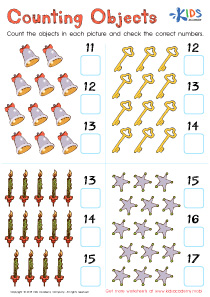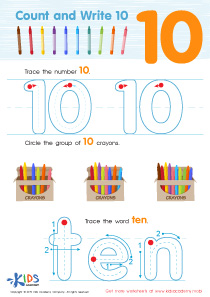Basic Math Skills Normal Numbers 0–10 Worksheets for Ages 6-9
6 filtered results
-
From - To
Boost your child's confidence with our "Basic Math Skills Normal Numbers 0-10 Worksheets" designed for ages 6-9. These engaging worksheets provide young learners with the foundational math skills necessary for success. Through various fun activities, children will practice counting, addition and subtraction, comparing numbers, and more, ensuring a strong grasp of numbers 0-10. Our expertly crafted worksheets are perfect for both classroom settings and at-home learning, offering a supportive and enjoyable learning experience for every child. Help your child build math fluency and develop a love for learning with our comprehensive resource of basic math worksheets!
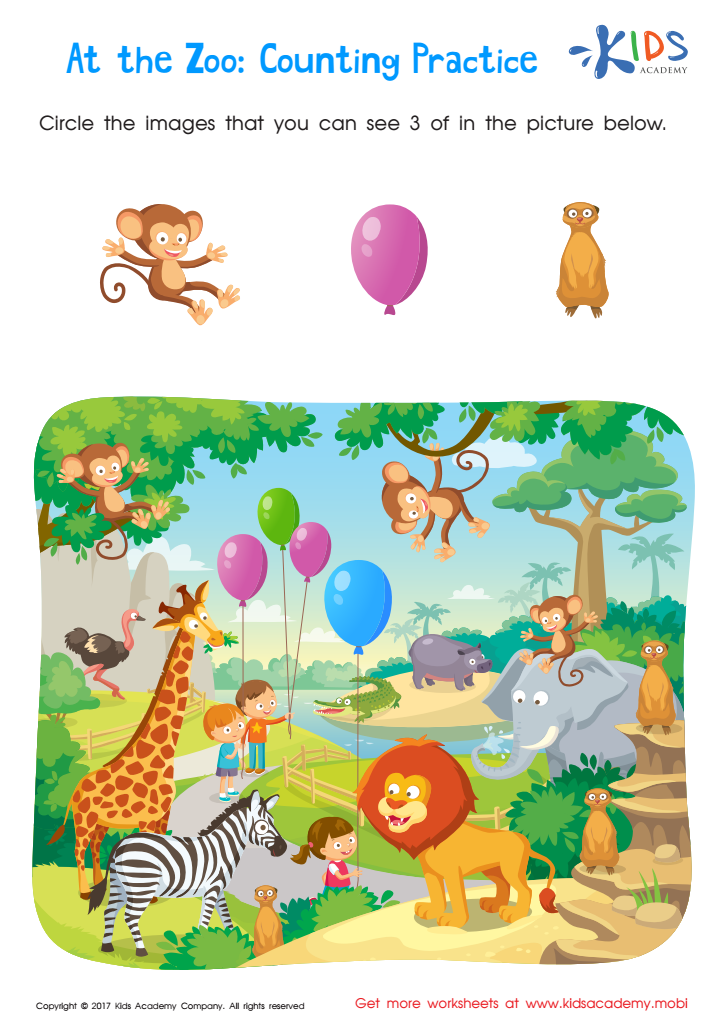

At the Zoo: Counting Practice Worksheet
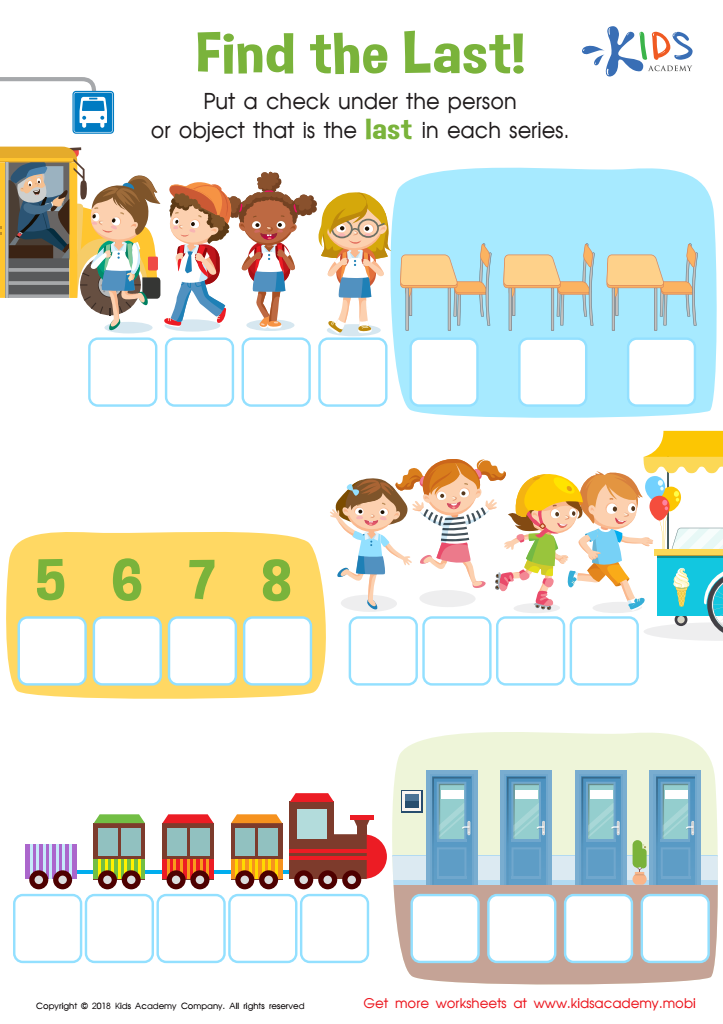

Find the Last! Worksheet
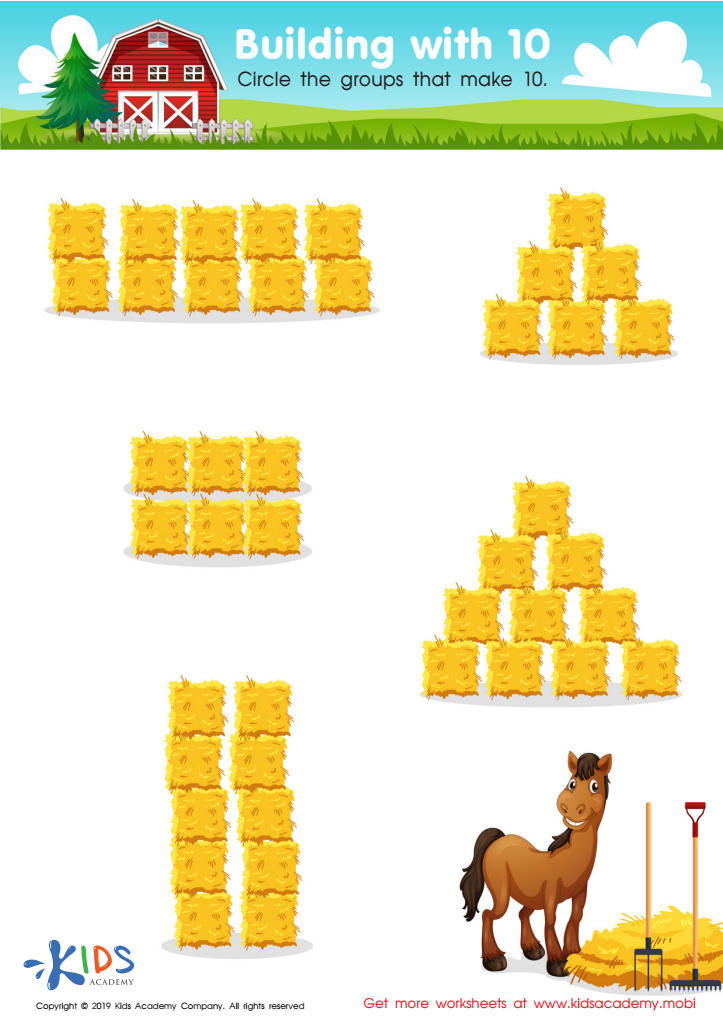

Building with 10 Worksheet
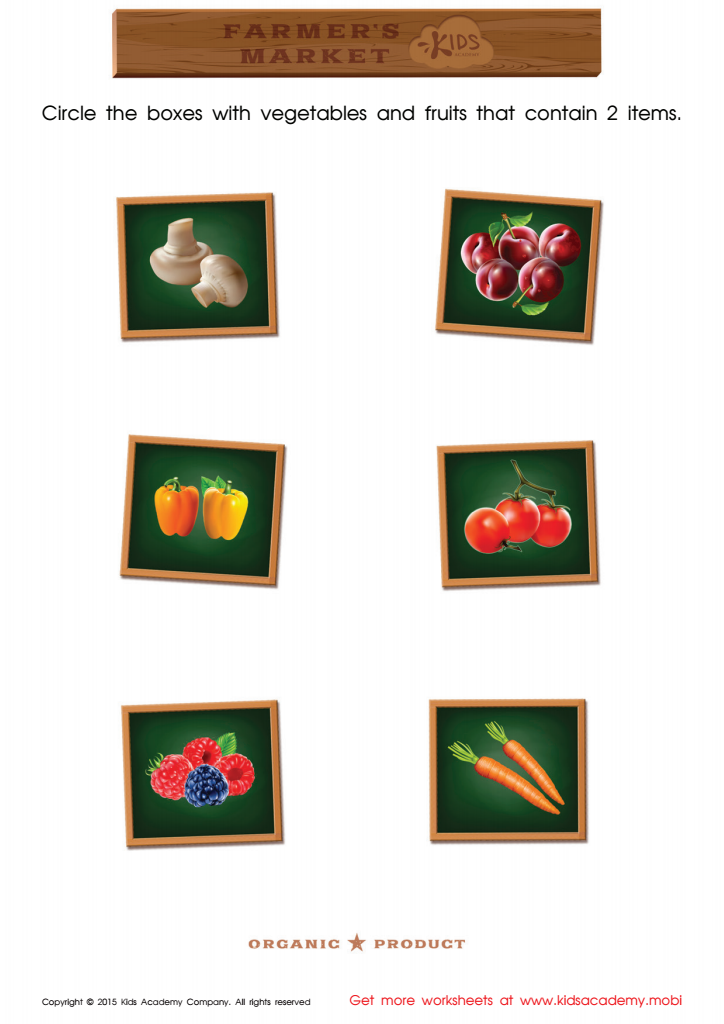

Count and Match Vegetables and Points Math Worksheet
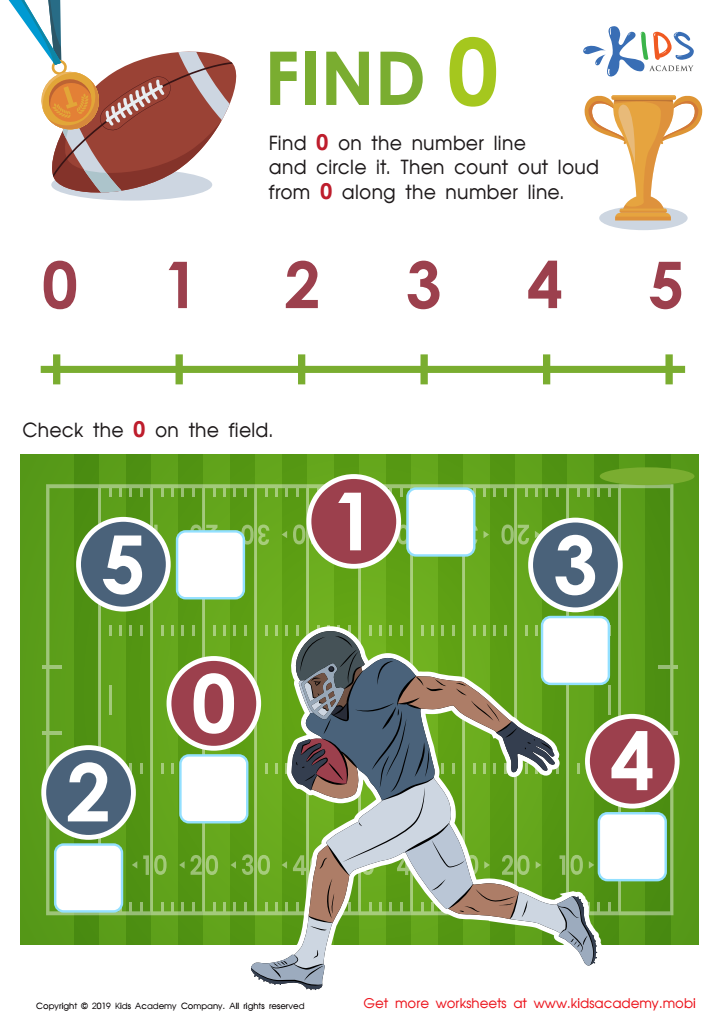

Find 0 Worksheet
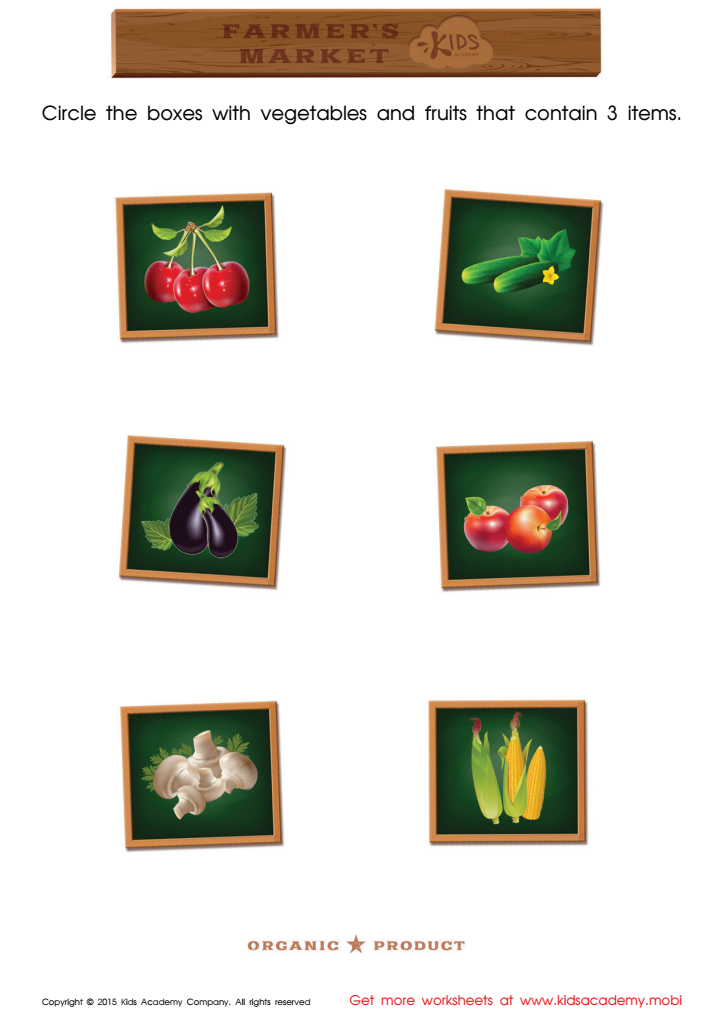

Count and Match Vegetables 1 – 5 Math Worksheet
Ensuring that children aged 6-9 acquire basic math skills with numbers 0-10 is vitally important for their overall cognitive development and academic success. During these formative years, mastery of basic arithmetic sets a strong foundation for future mathematical learning and problem-solving abilities. Fundamental operations such as addition and subtraction with these numbers are not just abstract concepts; they equip children with essential skills for daily life, like counting, measuring, and making change.
Early proficiency in math fosters a sense of confidence and curiosity, encouraging children to tackle more complex tasks with enthusiasm. This age range is critical as children's brains are particularly receptive to learning numerical patterns and logical reasoning. Without a solid grasp of basic math, children may struggle with more advanced topics in later grades, which can lead to frustration and a lack of confidence in their academic abilities.
In addition to academic benefits, basic math skills promote critical thinking and logical reasoning, as children learn to sort, classify, and understand the relationships between numbers. Parents and teachers play a crucial role in nurturing these skills through engaging activities, games, and supportive learning environments, thereby ensuring that children not only comprehend numbers but find joy and relevance in utilizing them.
 Assign to My Students
Assign to My Students









